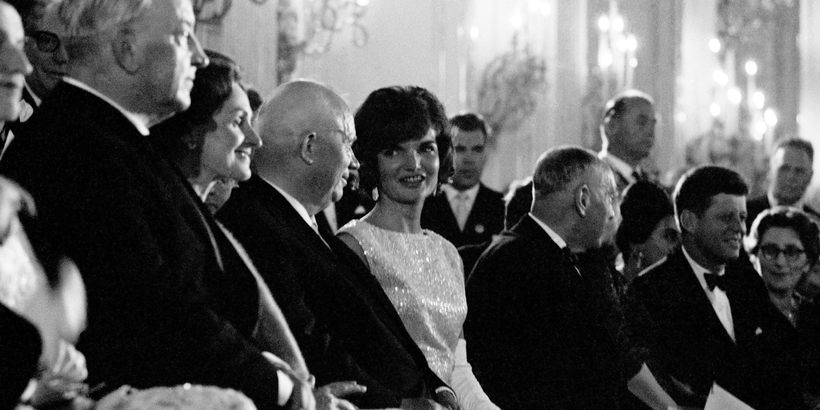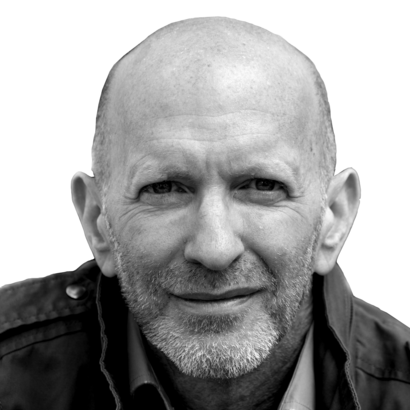Chivalry in despair is the spirit of this letter written by Jackie Kennedy on one of her last nights in the White House, about a week after the assassination of her husband, John F. Kennedy. The president and his adversary, the Soviet premier Nikita Khrushchev, were opposites: Kennedy a handsome, cultured, millionaire Lothario; Khrushchev a warty, brutal Communist peasant. They had had bruising negotiations—and only narrowly avoided launching the world into nuclear war. There were many in the C.I.A. who feared the Russians might have played a role in planning the assassination. Khrushchev, for his part, was terrified of being blamed for it. Perhaps the letter that follows is written to calm the Russian—it is certainly supremely elegant and touching in its literary simplicity, its presidential grandeur, and its theory of Big Men and Little Men.

Jacqueline Kennedy to Nikita Khrushchev, December 1, 1963
Dear Mr. Chairman President,


